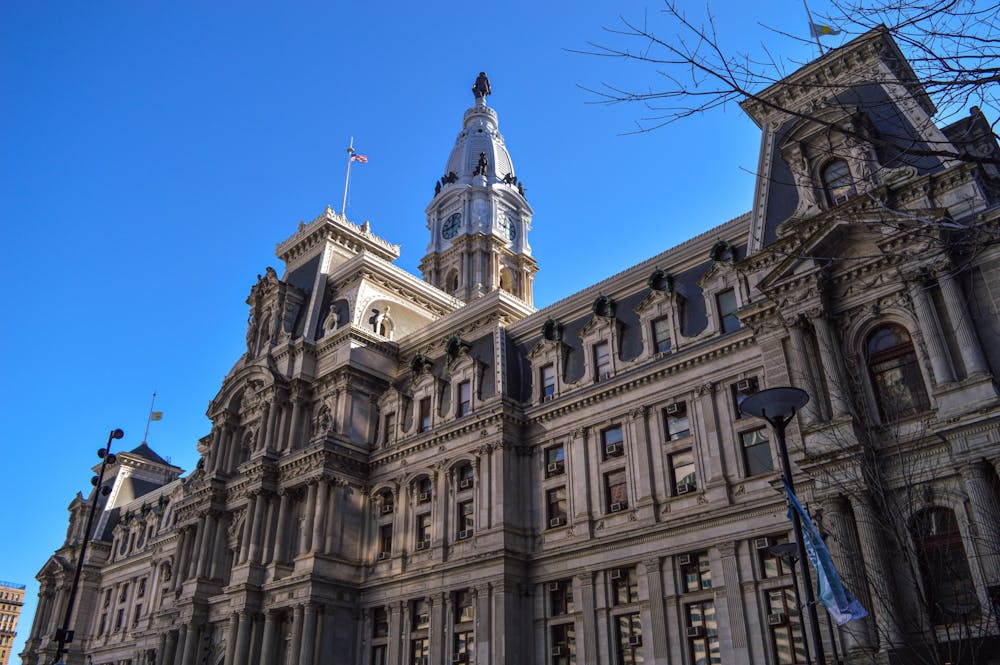As monkeypox cases rise globally, the Philadelphia Department of Public Health has received an additional 1,020 doses of the JYNNEOS monkeypox vaccine.
A total of 2,625 doses have already been allocated to Philadelphia by the federal government, but 61% of the stock has already been administered, according to a monkeypox tracker released by the city's health department.
The World Health Organization declared monkeypox a global health emergency on July 23 with over 26,208 reported cases worldwide as of August 3, according to the CDC. Vaccine doses have been stretched thin nationwide, with states such as California and Illinois both declaring a state of emergency.
As of August 3, there have been 6,617 cases of monkeypox in the United States. New York and California number the most cases with 1,666 and 826, respectively. Pennsylvania currently has 173 cases of monkeypox, with the first reported case on June 2.
As of August 1, 82 people in Philadelphia are considered to have monkeypox.
The Health Department announced on July 19 that beginning on July 25 only people with high-risk exposure will receive the vaccines. Those who have tested positive for monkeypox should not receive the vaccine.
The Health Department will be administering doses at invite-only clinics. The Health Department will be inviting people who are known contacts of people who have contracted monkeypox and people who they have identified as being at a high risk of exposure.
The JYNNEOS vaccine comes in two doses, with at least four weeks apart necessary between doses. However, due to the limited supply of vaccines, the Health Department announced that they will follow a single-dose vaccination strategy as it still offers protection. Some individuals may not receive the second dose, but this will not negatively impact the immune response to the second dose or protection against the virus.
RELATED:
First case of monkeypox confirmed in Philadelphia
Penn researchers receive royalties of $750 million for breakthrough vaccine development
As of August 3, monkeypox has been confirmed in 87 countries around the world.
Symptoms of monkeypox include the flu, fever, swollen lymph nodes, feeling unwell, and a rash made up of small bumps and lesions. Symptoms typically begin within 3 weeks of exposure to the virus, according to the CDC.
The virus spreads through close, personal contact. Examples include direct contact with monkeypox lesions or scabs, objects and fabrics used by someone with monkeypox, and contact with respiratory secretions. This direct contact can also occur during intimate contact.
Monkeypox was discovered in 1958 in monkeys kept for research. The first human case of monkeypox was reported in 1970. Before the current outbreak, the virus has been reported in several African countries.
The virus is rarely fatal and individuals can usually recover without treatment, with a fatality rate of 3-6%, according to the WHO.









